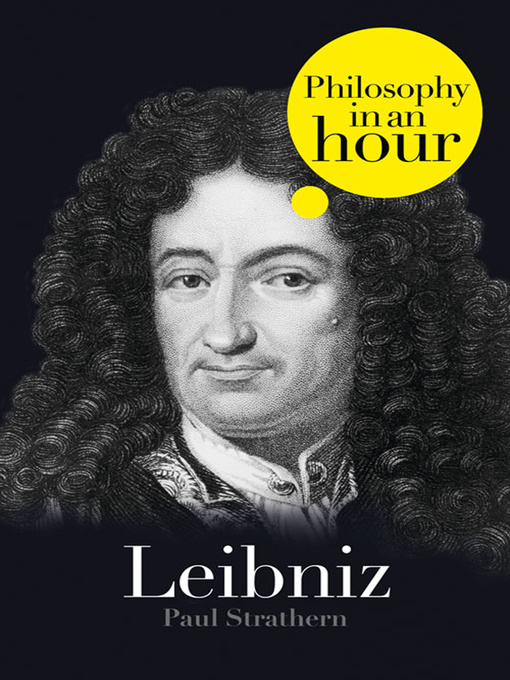- Barnabækur á íslensku
- Íslendingasögur
- Hljóðbækur á íslensku
- Spennusögur á íslensku
- Ástarsögur á íslensku
- Barna- og unglingabækur á íslensku
- Ungfó á íslensku
- Ævintýri á íslensku
- Bókabeitan
- Bækur á íslensku
- Sjá allt
- Hrollvekjandi rafbækur
- Léttmeti
- Fantasíur
- Vísindaskáldskapur
- Ævisögur og endurminningar
- Glæpasögur
- Ástarsögur og skvísubækur
- Handverksbækur
- Vinsælast
- Matreiðslubækur
- Myndabækur
- Myndasögur
- Myndlist
- Sjá allt
- Á meðan þú bíður...
- Hrollvekjandi hljóðbækur
- Léttmeti
- Vinsælast
- Hinsegin hljóðbækur
- Fantasíur - Hljóðbækur
- Glæpasögur - hljóðbækur
- Hljóðbækur í bílinn
- Ástarsögur og skvísubækur - Hljóðbækur
- Ævisögur og endurminningar - Hljóðbækur
- Vísindaskáldsögur
- Kósí hljóðbækur
- Sögur fyrir Svefninn
- Sjá allt
- Sögulegar skáldsögur
- Kósí fantasíur
- Kósí krimmar
- Furðusögur
- Barna- og unglingabækur
- Myndasögur
- Tungumálanámskeið
- Bækur á pólsku - książki po polsku
- Ljóð
- Dublin bókmenntaverðlaunin
- Booker-verðlaunin
- Nóbelsverðlaun
- Pulitzer verðlaunin
- Sjá allt

